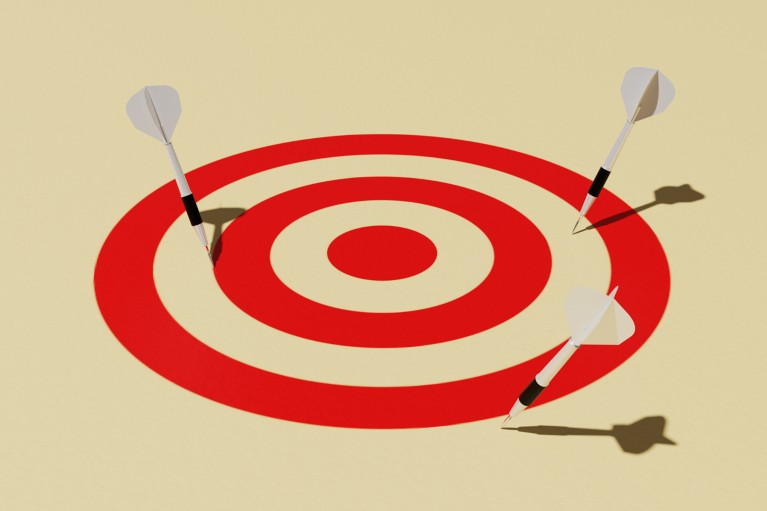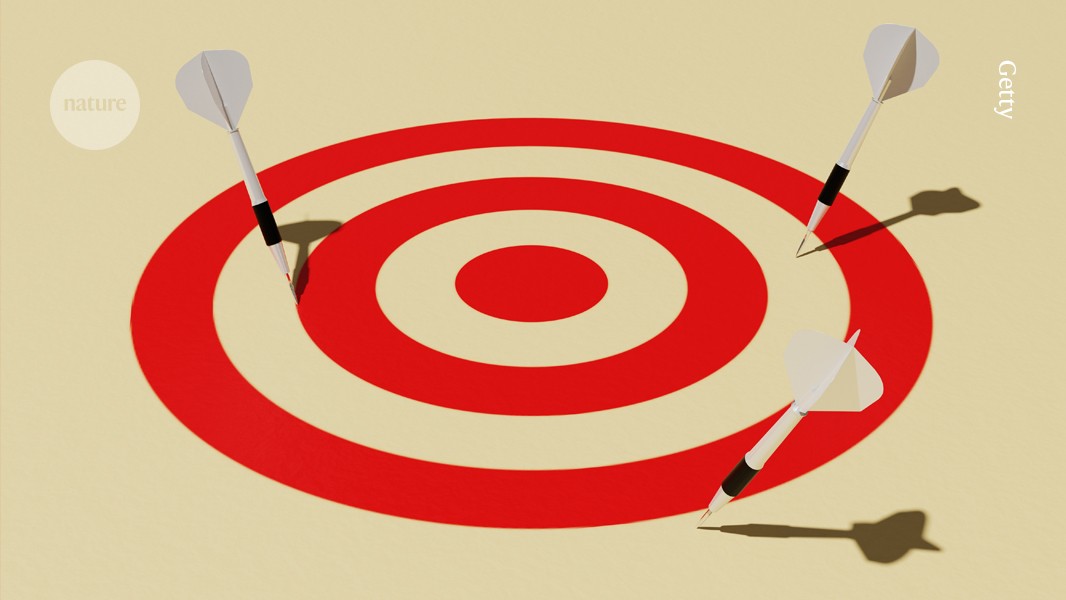
Credit: Getty
Scientists overwhelmingly recognize the value of sharing null results, but rarely publish them in the research literature, according to a survey. The findings suggest that there is a need for increased awareness of how and why to share such data, as well as for changes in how research productivity is assessed.
The survey drew responses from 11,069 researchers in 166 countries and all major scientific disciplines. It found that 98% recognize the value of null results, which the survey defined as “an outcome that does not confirm the desired hypothesis”. Eighty-five per cent of respondents said it was important to share those results. However, just 68% of the 7,057 researchers whose work had produced null results had shared them in some form, and just 30% had tried to publish them in a journal.
The results were released on 22 July. The survey was conducted by Nature’s publisher, Springer Nature. (Nature is editorially independent of its publisher.)
Reluctance to publish
That only 30% of respondents with null results had attempted to publish them is not surprising to Ritu Dhand, Springer Nature’s chief scientific officer in London.
“Researchers are taught to write research papers referencing positive advances, so null results are rarely cited,” she says. That means that even if null results are published, they won’t have an impact, she adds.
Some 1,489 respondents had generated null results and agreed that they are important to share but had not yet done so. Most of that group expressed concerns about publishing them: 69% didn’t think null results would be accepted for publication; 52% didn’t know which journals would consider publishing research with null results; 19% worried that their institution or funder wouldn’t cover publishing costs; and 21% were concerned that they’d be viewed negatively by their peers.
This reputational concern reflects a disconnect in science, says Marcus Munafò, a biological psychologist and executive director of the UK Reproducibility Network, which aims to improve the trustworthiness of research.
“The day-to-day life of most scientists is null results. Most of our studies don’t work. Most of our experiments don’t work,” says Munafò. “One of the reasons for publishing null results is to create a more honest denominator in the version of record” — a more accurate picture of the research landscape.
Community service
Of the 1,228 respondents who were able to publish their null results, 39% said that the process helped to inspire a new hypothesis or methodology and 28% said it prevented the duplication of unnecessary research.
Such efforts would have been appreciated by one anonymous respondent, who described how null results that could have changed the trajectory of their work were only “briefly mentioned” in a couple of journal articles that they stumbled on years later, “buried among other information in the articles”.
“If it had been widely disseminated in my field,” they lamented, “it would have saved me 2+ critical research years!”


